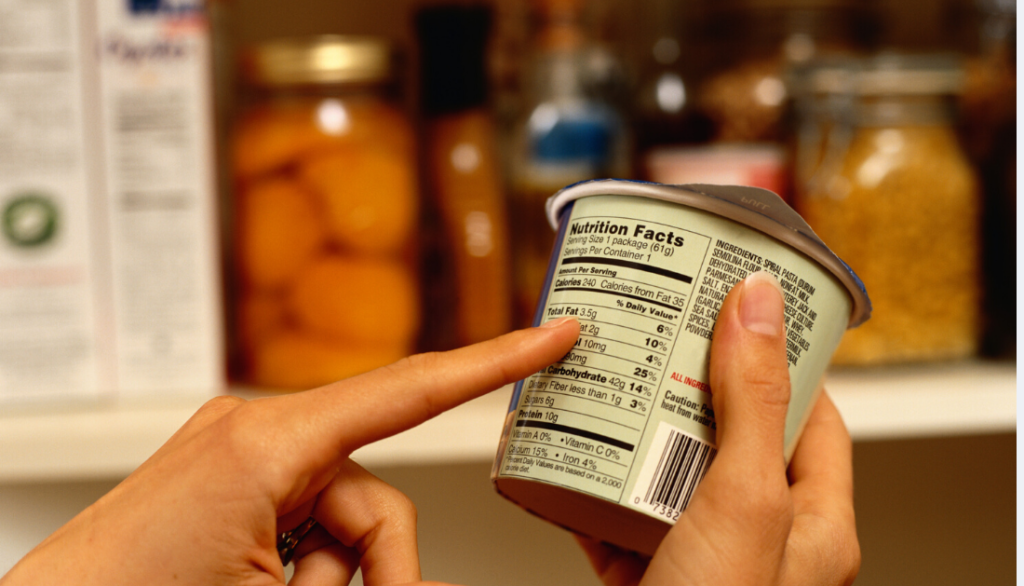
From the News
In the News: Consumer Brands VP of Product Policy Pens Op-Ed About How the Food & Beverage Industry Embraced Nutrition Labeling and Consumer Transparency
In an op-ed published by AgriPulse, Consumer Brands Vice President of Public Policy, Sarah Gallo explains how the food and beverage industry has partnered with the FDA for more than a decade to improve nutrition fact labeling and develop consumer transparency tools. Currently, the FDA is conducting research on front-of-pack nutrition labeling and considering a proposed rule mandating such labeling. However, collaborative industry partnerships on product labeling and consumer transparency have already resulted in two resourceful consumer tools: Facts up Front and SmartLabel. While Facts up Front places important nutrition information on the front of packages, SmartLabel allows consumers to go beyond the Nutrition Facts panel with just the scan of a QR code.
Excerpts from the op-ed include:
“Across the entire consumer packaged goods industry, one goal remains consistent — improving our products to meet consumers’ needs. This includes implementing new technologies to promote product transparency and ensure Americans can make informed decisions about the foods and beverages they choose and rely on every day.”
“We have researched, invested in, and implemented both Facts up Front and SmartLabel because they are common-sense, easy-to-understand systems that effectively communicate the key nutrients and nutritional facts that consumers seek. Facts up Front replicates existing information from the FDA-mandated Nutrition Facts panel, increasing transparency and aiding nutritional literacy without compromising consumer choice, while SmartLabel takes it one step further.”
“To provide the most consumer-friendly labeling, the FDA should continue to rely on collaborative efforts with industry and data-driven research.”
“It is also critical that front-of-package labeling is researched and developed through a transparent, measured, and deliberative approach. This includes opportunities for stakeholder feedback, such as agency requests for information and public meetings and hearings with industry experts.”
“If the FDA establishes mandates without this input, the cost of implementation—both to manufacturers and consumers—may outweigh the benefits.”
Read the full op-ed here.
Published on May 8, 2024



